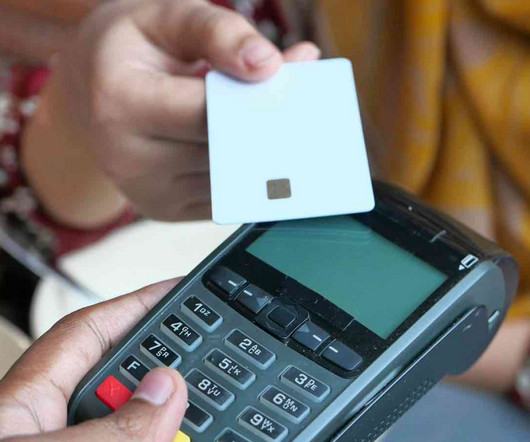Are Debit Card Surcharges Legal? What Businesses Need to Know
Stax
DECEMBER 20, 2023
This article explores the legal landscape surrounding surcharges, shedding light on the intricacies of state and federal laws and strategies for small businesses to manage processing costs. TL;DR Card brands such as Visa and MasterCard along with state and federal laws prohibit debit card surcharging.




















Let's personalize your content